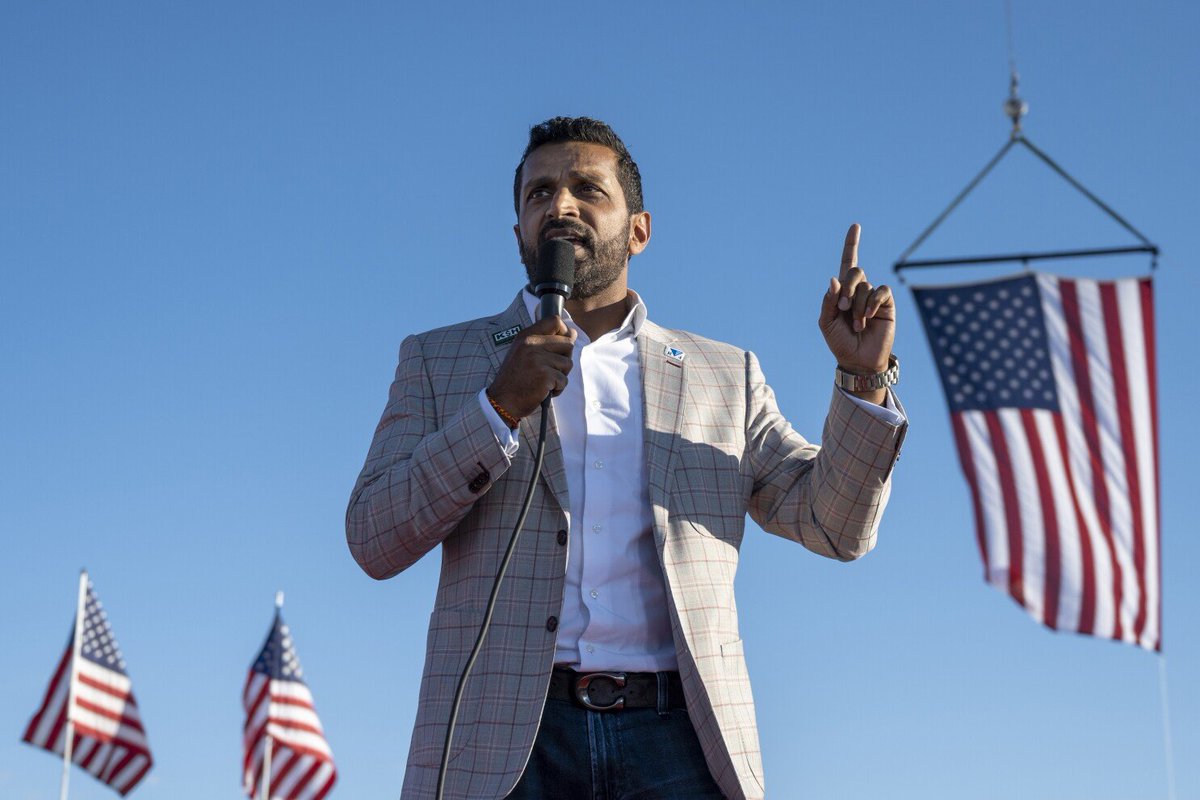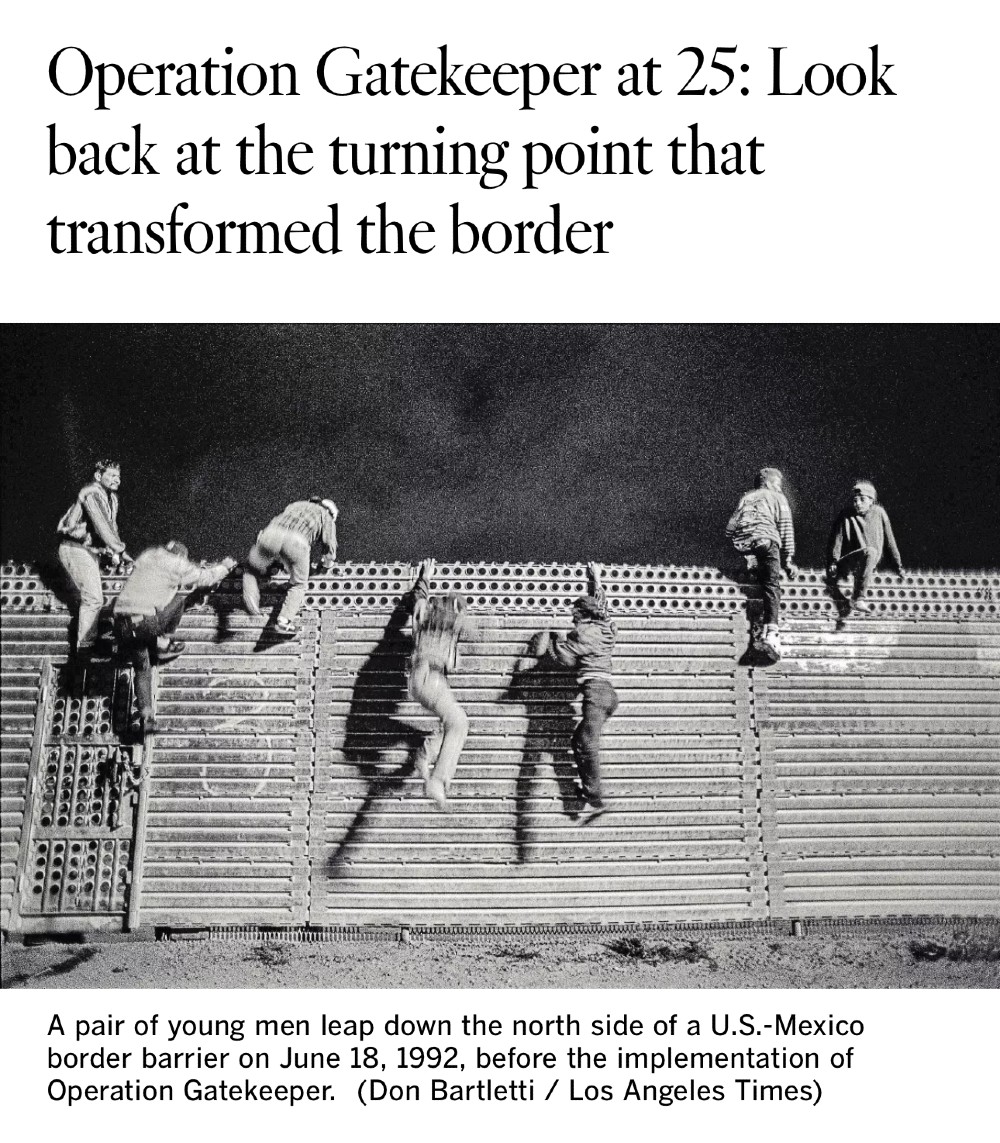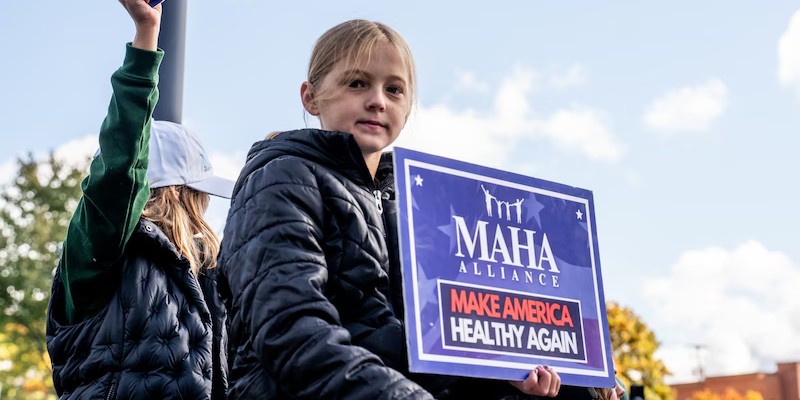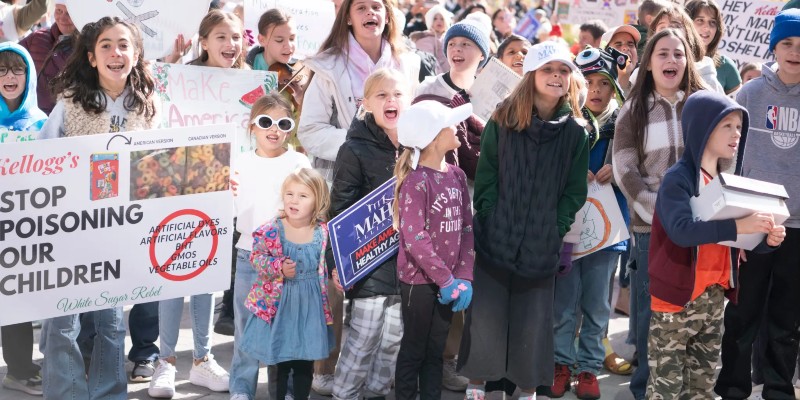Want to see America's future? Look at our retail chains.
Costco and Sam's Club are members-only. They have a loyal customer base—but they also keep people out.
CVS and Walgreens are open to everyone. They rely on high social trust.
Guess which model is winning? (1/15)

Costco and Sam's Club are members-only. They have a loyal customer base—but they also keep people out.
CVS and Walgreens are open to everyone. They rely on high social trust.
Guess which model is winning? (1/15)


Costco and Sam's Club are raking in record profits. CVS and Walgreens are closing hundreds of stores across the country.
Why? Well, for one, they have different business models. The former seeks to exclude bad customers; the latter seeks as many customers as possible. (2/15)
Why? Well, for one, they have different business models. The former seeks to exclude bad customers; the latter seeks as many customers as possible. (2/15)

This isn't just a surface-level difference. It’s an entirely different kind of business: Non-membership-based retailers rely primarily on sales for profit.
But Costco’s source of profit isn’t sales; it's membership prices. (See thread below). (3/15)
But Costco’s source of profit isn’t sales; it's membership prices. (See thread below). (3/15)
https://x.com/RyanReeves_/status/1179974257779982336
Costco, Sam's Club and other "club stores" are killing it right now.
Sam’s Club—which hasn’t opened a new store in 10 years—plans to open 30 new locations over the next 5 years. They've had record membership numbers and 11 straight quarters of double-digit sales growth. (4/15)

Sam’s Club—which hasn’t opened a new store in 10 years—plans to open 30 new locations over the next 5 years. They've had record membership numbers and 11 straight quarters of double-digit sales growth. (4/15)


Costco's revenue has doubled since 2016. Historically, it opened about 15 new stores a year. But last year, it opened 25—and forecasts another 25-30 per year over the next decade.
Both companies have seen double-digit increases in foot traffic from before the pandemic. (5/15)


Both companies have seen double-digit increases in foot traffic from before the pandemic. (5/15)


CVS, Walgreen's and other non-"club" stores aren't faring as well. In 2019, Walgreens closed 200 stores. Last year, it closed an additional 150 stores. This June, it announced another round of "significant" closures.
Last year, Rite Aid filed for bankruptcy. (6/15)

Last year, Rite Aid filed for bankruptcy. (6/15)


CVS closed 244 stores from 2018-2020. In 2021, it closed another 900.
One reason is that "retailers have been hit by shoplifting and resorted to locking up items or closing high-theft stores since the pandemic," CNN reported in June.
The situation on the ground is bleak: (7/15)
One reason is that "retailers have been hit by shoplifting and resorted to locking up items or closing high-theft stores since the pandemic," CNN reported in June.
The situation on the ground is bleak: (7/15)

In 2022, Walgreens said their rate of “shrink”—i.e., lost inventory, largely due to theft—had increased by 52% since the beginning of the pandemic, amounting to tens of millions of dollars in lost earnings.
This has fundamentally transformed the way they do business. (8/15)


This has fundamentally transformed the way they do business. (8/15)


CVS, too, loses egregious amounts of their earnings every year to shrink.
But at club stores, the issue doesn't exist. Costco's shrink is below 0.2%—roughly 1/10th of the industry average.
The disparity isn't just in profits; it's in the average shopper's experience. (9/15)


But at club stores, the issue doesn't exist. Costco's shrink is below 0.2%—roughly 1/10th of the industry average.
The disparity isn't just in profits; it's in the average shopper's experience. (9/15)


So what's the point here?
"Exclusion" has become a dirty word in modern politics. But in reality, exclusion is the basis of civilization. All functional institutions have an element of exclusiveness. Nations themselves are exclusive: They have citizens, borders, etc. (10/15)
"Exclusion" has become a dirty word in modern politics. But in reality, exclusion is the basis of civilization. All functional institutions have an element of exclusiveness. Nations themselves are exclusive: They have citizens, borders, etc. (10/15)

America was a high-trust society because we were exclusive. Our colleges excluded poor students. Our neighborhoods excluded bad residents. Our borders excluded. Our legal system excluded. We had a shared way of life because we excluded those who were unfit to participate. (11/15)

Today, that high-trust society is collapsing because we're too inclusive—or at least, too inclusive of bad things. (At the same time, our institutions have become increasingly exclusive towards good things).
The result is a large-scale version of what's happening to CVS. (12/15)
The result is a large-scale version of what's happening to CVS. (12/15)

If trends continue, the CVS/Walgreens of the country will continue to get worse. They don't have a mechanism to self-correct.
But decent, law-abiding Americans will begin to gravitate towards new communities, institutions, and initiatives that are willing to exclude. (13/15)
But decent, law-abiding Americans will begin to gravitate towards new communities, institutions, and initiatives that are willing to exclude. (13/15)

Costco and Sam's Club aren't exactly wealthy country clubs. If anything, their names are associated with the working and middle classes.
But their loyal customers are from the parts of Middle America that are still capable of abiding by basic civilizational norms. (14/15)
But their loyal customers are from the parts of Middle America that are still capable of abiding by basic civilizational norms. (14/15)

There are millions of these Americans out there. And they need somewhere to go. They don't want to shop somewhere where everything's locked and everyone looks like they might steal your wallet.
They want the life we used to have. And who can blame them? We do too. (15/15)
They want the life we used to have. And who can blame them? We do too. (15/15)
🚨 We're a new account on here. We'll be doing a lot more in-depth threads and videos over the next few months.
Our philosophy is simple: America first. America forever. 🇺🇸
If you like our work, you can support us by following us here: @America_2100
Our philosophy is simple: America first. America forever. 🇺🇸
If you like our work, you can support us by following us here: @America_2100
https://x.com/America_2100/status/1795495902661984405
• • •
Missing some Tweet in this thread? You can try to
force a refresh























